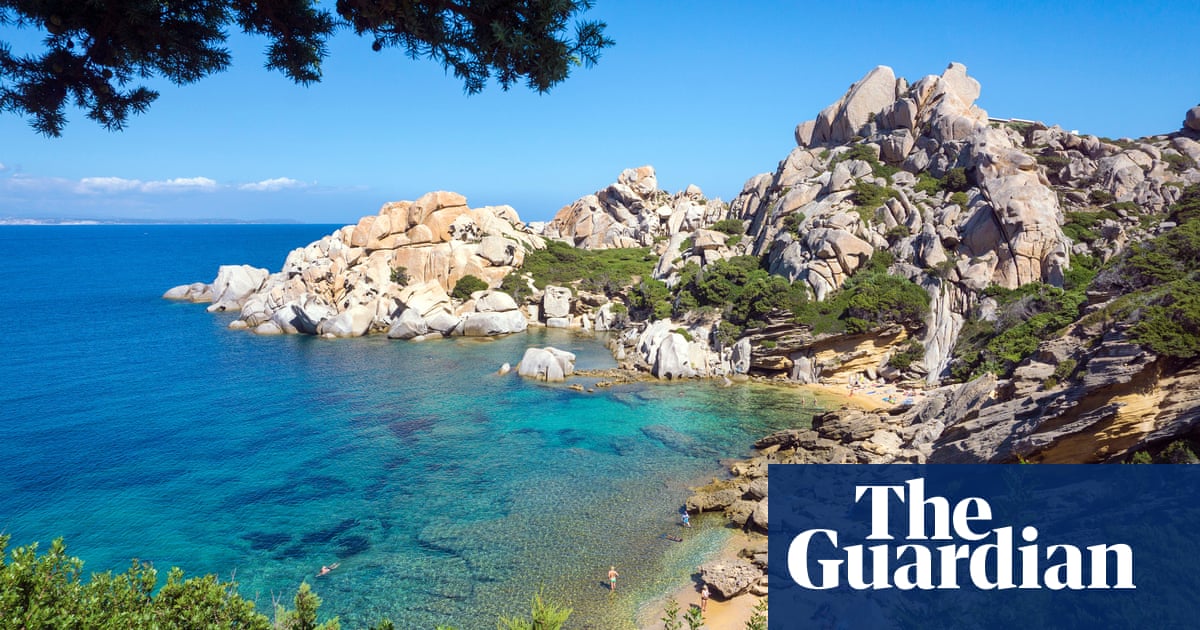The article invites readers to share their favorite European beaches (excluding the UK) for a competition, aiming to engage the audience in a creative and participatory manner. This initiative serves multiple purposes while also generating interest around travel and leisure in Europe.
Community Engagement and User-Generated Content
The call for submissions leverages user-generated content, which is a powerful tool for media outlets. By asking readers to contribute their experiences and photos, the article creates a sense of community and encourages participation. This strategy not only enriches the publication's content but also fosters a connection with its audience.
Perception Management
The competition is likely designed to build a positive perception of the Guardian's travel section, showcasing it as an interactive platform for travel enthusiasts. By highlighting readers' favorites, the publication positions itself as a facilitator of shared experiences, aligning with the growing trend of experiential and community-driven travel content.
Transparency and Legal Constraints
The stipulation that only UK residents can enter the competition may raise questions about inclusivity. However, this limitation is likely in place for legal reasons, ensuring that the competition adheres to specific regulations governing contests in the UK. This transparency may help mitigate any backlash regarding exclusivity.
Manipulative Elements
While the article does not overtly manipulate the audience, it subtly encourages a romanticized view of travel by focusing on idealized beach experiences. The language used is inviting and warm, which could lead readers to feel nostalgic or aspirational about their own travel experiences. The potential for manipulation lies in the emotional appeal of shared memories and desires for idyllic getaways.
Comparative Context
In relation to other travel articles, this piece highlights a trend towards audience interaction in media. Similar campaigns in the travel sector often include contests or calls for submissions, reflecting a broader shift towards participatory journalism. This strategy can enhance brand loyalty and engagement.
Potential Societal Impact
The focus on travel tips could influence readers' travel choices and preferences, possibly boosting tourism to lesser-known beaches in Europe. Increased awareness of these locations might also lead to economic benefits for local communities. However, the emphasis on "secret coves" could raise concerns about over-tourism and environmental sustainability.
Audience Targeting
This article primarily appeals to travel enthusiasts, particularly those residing in the UK. It targets individuals who enjoy sharing their experiences and are likely to participate in competitions. The call for brevity in submissions also indicates an attempt to engage a demographic that prefers quick, digestible content.
Market Implications
While this article may not have a direct impact on stock markets or global financial trends, it can influence the travel and hospitality sectors. Companies associated with travel accommodations, like Coolstays, may see increased interest as a result of this competition, potentially affecting their market presence.
Geopolitical Relevance
Although the article does not directly address geopolitical issues, the emphasis on travel can reflect broader societal trends towards globalization and cultural exchange. As travel becomes more accessible, it can foster understanding among different cultures, which is particularly relevant in today's interconnected world.
In conclusion, the article serves as an engaging platform for readers while subtly promoting travel experiences in Europe. Its focus on community involvement and positive perceptions of travel makes it a reliable piece of content, although it does carry the potential for emotional manipulation through its aspirational language.
